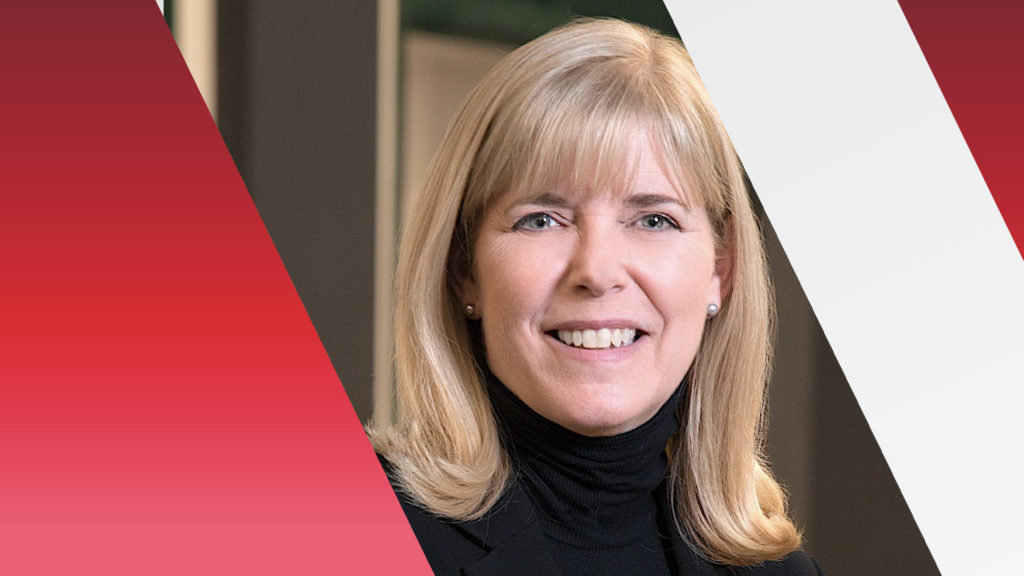
The turnaround of Diversified Healthcare Trust’s senior housing operating portfolio has been “inconsistent” and “unpredictable,” further supporting plans for a proposed merger with a more diversified real estate investment trust, President and CEO Jennifer Francis said Wednesday during a second-quarter earnings call.
The Newton, MA-based REIT has more than $700 million of debt coming due next year and remains out of compliance with its debt and current covenants, she said. In short, Francis added, “DHC continues to face steep challenges in the coming year.”
The REIT’s portfolio includes 261 senior living communities with more than 27,000 units, according to a shareholder presentation posted online and filed with the Securities and Exchange Commission in conjunction with the earnings call. As of June 30, of the 230 senior living properties in the senior housing operating portfolio, 119 are operated by Five Star Senior Living, a division of AlerisLife, according to another presentation.
“The turnaround of our [senior housing operating portfolio] is inconsistent, unpredictable and has not occurred fast enough and will not occur in time to address these challenges,” the CEO said. “As things stand, DHC has insufficient liquidity to fund the capital investments needed to continue the turnaround underway in our SHOP segment.”
DHC and Office Properties Income Trust entered into a merger agreement April 11. A special meeting of shareholders is scheduled for Aug. 30 to vote on the deal.
The merger with OPI, Francis said, will create a combined company that immediately will be in compliance with covenants and will provide access to multiple capital sources to continue the fund the SHOP turnaround and address upcoming debt maturities.
In a previously released performance update, the REIT reported that net operating income for its SHOP had flattened over the past two months and that no real growth was anticipated for the second half of the year.
DHC said that its operating partners indicated that they expect higher operating expenses, particularly insurance and labor costs. Chief Financial Officer Rick Siedel reported that the REIT is seeing insurance increases between 10% and 100%, creating “significant headwinds” for operators.
“If the merger does not close, we will be forced to defer capital investment in our portfolio, significantly delaying the turnaround of our SHOP segment, and we will be forced to raise expensive rescue financing, which would be dilutive to DHC shareholders,” Siedel said. “We are confident that the merger with OPI will provide the necessary liquidity and financial flexibility to address all near-term debt maturities, and better position our shareholders to benefit from the combined company’s long-term growth.”
Two shareholders have publicly announced their intent to vote against the merger. Flat Footed, which owns approximately 9.8% of the outstanding DHC shares, said the deal “would unnecessarily burden the company with OPI’s rapidly declining commercial office properties. Prior to the earnings call on Wednesday, the company released an investor presentation detailing how it believes the proposed merger “severely undervalues” DHC. Flat Footed suggested “vastly superior alternatives” to address the 2024 debt maturities.
Hedge fund D.E. Shaw, which owns a 6.1% stake in DHC, previously said in an Securities and Exchange Commission filing that DHC should “pursue superior alternative actions.”
Challenges to senior living recovery
New senior living supply and construction starts are at record lows due to high construction costs and limited financing availability, which Francis said should help in DHC’s SHOP segment recovery. She added that the company is beginning to see the initial benefits of its capital investment plan through increased occupancy and rates and a 5.7% reduction in year-over-year repair and maintenance expenses.
Labor continues to be the largest SHOP cost, at 52% of revenue, according to Siedel. Although he said the company is seeing improvements in contract labor, there remains a need to adjust wages to align with competitive markets, where “competition for top talent remains fierce.”
DHC’s SHOP occupancy increased 420 basis points to 77.8%, and average monthly rates increased by 7.3% year over year, resulting in a 13.7% increase in revenues, the REIT reported.


